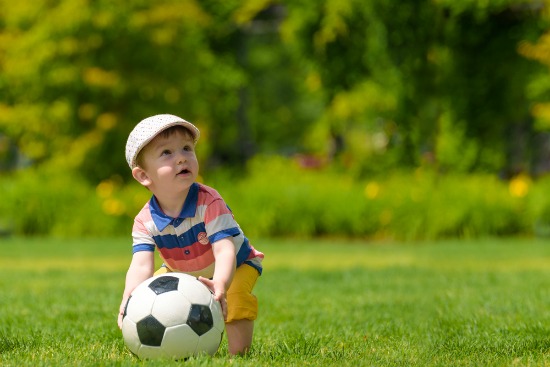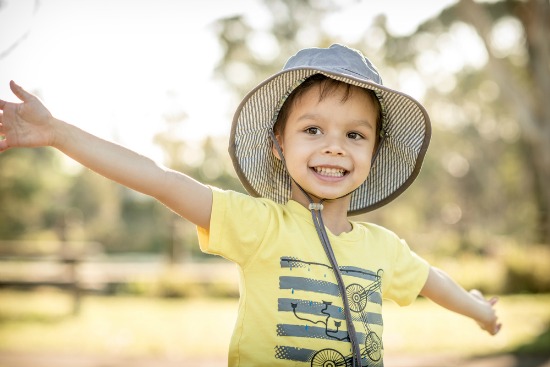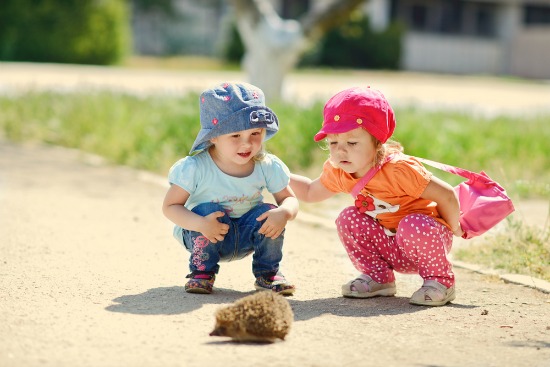3 Health benefits of unstructured outdoor play
In decades gone by, ‘playtime’ meant grabbing your bike and going on neighbourhood adventures with your friends until dark. In 2017 though, many children associated playtime with smartphones, tablets and other electronic devices. However, the benefits of unstructured outdoor play are still incredibly multifaceted:
1. Outdoor play increases children’s fitness and helps combat obesity
Just like other forms of physical activity, unstructured outdoor play helps kids get the right amount of exercise every day. Children who build active and healthy bodies from a young age are less likely to suffer from obesity and other health issues in later life.
According to the Australian Department of Health:
- Infants (Birth – 1 year) should be encouraged to play in supervised floor-based activities
- Toddlers (1 – 5 years) and pre-schoolers (3 – 5 years) should be physically active for at least three hours each day, spread throughout the day
- Children (5 – 12 years) should participate in moderate to vigorous activity for at least sixty minutes every day
“Children who are active every day will demonstrate lower blood pressure, stronger muscles and bones and a decreased risk of developing type 2 diabetes,” says Dr Ryan Harvey, a specialist in family medicine at House Call Doctor.
Results from an Australian Health Survey showed that 25% of Australia’s children are struggling with obesity. Today, many families try to integrate outdoor play into their children’s lives, to benefit overall health and wellbeing.


2. The great outdoors allows children to absorb essential Vitamin D
Vitamin D is integral to absorbing calcium and building healthy bones. Outdoor play is essential for kids, as 80% of all Vitamin D is absorbed from sunlight.
“In colder climates, Vitamin D deficiencies can lead to skeletal problems, muscular weakness and general fatigue”, says Dr Harvey. “Fortunately, Australian children can gain sufficient Vitamin D with just 15 minutes playtime in the sun”.
For families heading outdoors, it’s important to practice proper sun safety. The best way to avoid sunburn is to ensure everyone in the family uses sunscreen, finds shade, and wears a hat with sunglasses.

3. Aids in social, emotional, and cognitive development
Unstructured play allows children to interact more authentically with their peers. Playtime enables children to develop a number of crucial social skills, such as sharing, teamwork, negotiating, resolving conflict, and self-advocacy.
Studies show that unstructured play helps less verbal children find alternative ways to express themselves. Family playtime allows parents to view the world through their children’s eyes, as little ones encounter challenges and new experiences through play.
A child’s mental health is also highly affected by their level of unstructured playtime. Kids who have more unstructured outdoor play experience higher levels of self-reflection and creative growth. In turn, these abilities help lower their levels of stress and anxiety.

———————————————————————————————————————————————————————————————————–
About the expert: Dr Ryan Harvey
Dr Ryan Harvey is a General Practitioner providing after-hours medical care to children and families. Dr Harvey is experienced in paediatrics and has travelled extensively, administering medical care to children in remote overseas communities.
Dr Harvey is the Deputy Clinical Director at House Call Doctor, an organisation that provides urgent after-hours medical care to residents in Queensland, when their regular GP is closed.





